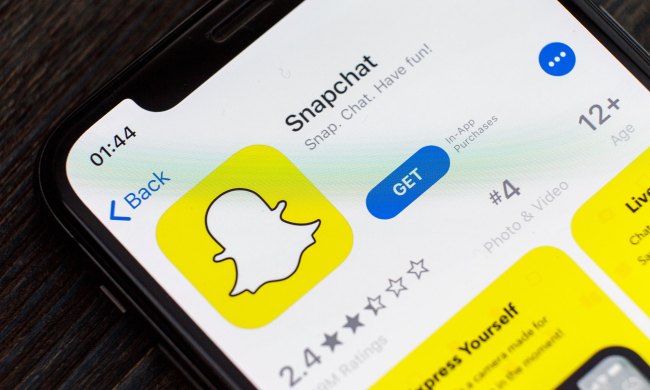Verizon is finally getting serious about the fight against spam calls. The company has announced that it will soon enable spam call filtering by default, starting with a few select Android smartphones, and following AT&T’s lead. The new tech was available to customers earlier this year, but it wasn’t switched on by default — so unless customers opted in, they wouldn’t get spam filtering.
According to Verizon, there are a few levels of filtering. Phone numbers that have been reported as fraudulent will get automatically blocked and sent to voicemail, while other numbers that might not necessarily be spam will get a “potential spam” label on the phone when there’s an incoming call. If you get a call from a phone number in your contacts list, it will get let through automatically. Customers can choose to block all international calls, too — as many spam calls originate overseas.
“We know our customers are sick and tired of the endless onslaught of robocalls. Let me be clear: I am too,” said Ronan Dunne, Verizon executive vice president, in a statement. “Our team is committed to developing and enhancing the tools that will help bring relief to our customers. This is another major step in that process.”
As mentioned, not all phones will get the tech right away, but a solid selection of Android devices will. According to a report from The Verge, the rollout will be staggered, and new devices will be added to the list every week. iPhone users can take advantage of the tech, but like before, they’ll have to download the Verizon Call Filter app and manually enable the feature.
You can check out the initial list of supported phones below.
- Asus ZenFone V
- Asus ZenFone V Live
- HTC 10
- Kyocera DuraForce PRO 2
- LG G5
- LG G6
- LG G7 ThinQ
- LG G8 ThinQ
- LG V20
- LG V30
- LG V40 ThinQ
- LG V50 ThinQ 5G
- Motorola G6
- Motorola G7 Power
- Motorola Moto E5 Play (Postpaid)
- Motorola Z Droid
- Motorola Z Force
- Motorola Z Play
- Motorola Z2 Force
- Motorola Z2 Play
- Motorola Z3
- Motorola Z4
- Palm Palm (standalone version only)
- Samsung Galaxy S10
- Samsung Galaxy S10 5G
- Samsung Galaxy S10 Plus
- Samsung Galaxy S10e
- Samsung Galaxy S7
- Samsung Galaxy S7 Edge
- Samsung Galaxy S8
- Samsung Galaxy S8 Plus
- Samsung Galaxy S9
- Samsung Galaxy S9 Plus
- Samsung J3 Eclipse
- Samsung J3 V 3rd Gen
- Samsung J7 V
- Samsung J7 V 2nd Gen
- Samsung Note 8
- Samsung Note 9
- Sonim XP8



